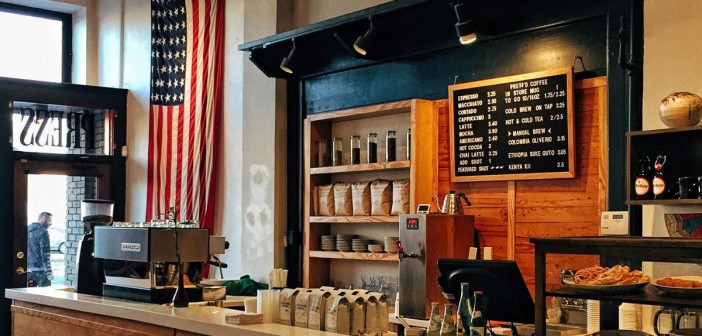If you own a small business, you need a facility to operate the business. Many times your business requirements dictate a location or type of facility that is leased instead of owned. Reasons for leasing instead of owning may include:
- Not enough cash for the down payment to purchase
- Need for a high-traffic retail location near other retailers who also lease their space
- Business is not yet proven and established enough to justify a commitment to long-term real estate ownership
- Business owner does not want responsibility for maintenance and repairs
- The rapid growth and changing needs of the business cannot be restricted to a limited space
Many small businesses are ideally suited to operate from owned facilities, yet the biggest barrier to achieving that dream is obtaining reasonable financing terms. Owners of successful and growing businesses are very concerned with the cash they need to fund the growth of their business, and typical bank financing terms for small business real estate cause them to have concerns. Those concerns may include:
- A desire to maintain maximum liquidity for business growth causes a 20-30% bank down payment requirement to seem onerous
- A short term bank repayment plan may cause payments to be too high
- A short term bank loan has a balloon feature that needs to be renewed every few years creating unacceptable renewal risk and additional loan closing costs for the small business owner
- The small business’ bank has changed ownership or management, and small business loan requests are no longer favored
- The business is new or emerging, and it does not yet have the track record to qualify for traditional bank financing
Now suppose the small business owner fits the description of a business owner who will benefit from owning and controlling its own small business real estate. A federal loan program offered through the U.S. Small Business Administration is available for owners who are U.S. citizens or Legal Permanent Residents. Using an SBA government-guaranteed loan to purchase or construct a new facility will provide a lower down payment, a longer repayment term, and easier qualifying criteria than conventional bank financing. In many cases, a small business borrower can qualify for financing with as little as 10% down! The SBA real estate loan is a permanent mortgage for 25 years. The borrower does not need to worry about renewing the loan every few years like he does with traditional bank financing. If the small business owner is constructing a new facility instead of purchasing an existing facility, the SBA loan can accommodate both the interim construction financing and the permanent, long-term financing in the same transaction. There is only one loan closing and one set of loan closing costs for both the interim construction and the permanent financing. The small business has no payment requirements on the SBA loan until the construction is completed.
The SBA government-guaranteed loan program is known as the SBA 7(a) loan program. Because it is technically a business loan instead of a real estate mortgage, the business borrower can also include funds for new business equipment or working capital to grow in their SBA real estate loan. The SBA real estate loan is a very versatile vehicle to provide long-term financing for 25 years, and loan amounts are available up to $5 million per small business borrower.
In summary, with an SBA government-guaranteed loan, a small business owner can build enough equity in 25 years or less, until they plan to sell the business and retire, to have a substantial asset with their small business real estate ownership. If the small business and its owner meet the tests for enjoying small business real estate ownership, the SBA loan can be a vehicle to achieve that dream. When ready to retire, not only does the owner have a business to sell, but he also has a nice piece of real estate to sell or hold for future rental income.




